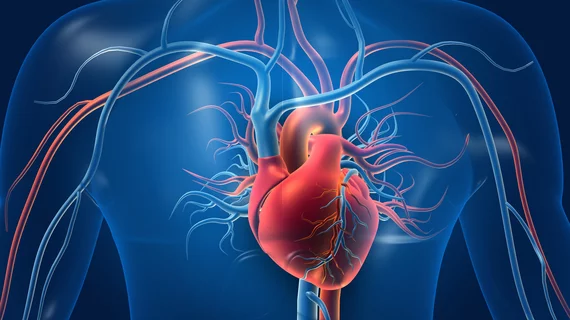Surgeons successfully transplant pig hearts into recently deceased humans
Surgeons at NYU Langone Health successfully transplanted two genetically engineered pigs hearts into recently deceased humans in June and July.
The transplants mark the latest advance toward addressing the nationwide organ shortage. Experts hope to develop a clinical protocol to provide an alternative supply of organs for those with heart disease. The news comes after a man died just a few months after receiving a genetically modified pig heart transplant. The patient, 57, was diagnosed with terminal heart disease, and the procedure was performed by University of Maryland School of Medicine surgeon-scientists.
“Our greater purpose is to address the organ shortage and provide another option for the more than 100,000 people nationwide waiting on that lifesaving gift,” Robert Montgomery, MD, DPhil, the H. Leon Pachter, MD, Professor and chair of the Department of Surgery at NYU Grossman School of Medicine and director of the Transplant Institute, said in a statement. “The paradigm of whole-body donation—when organ donation is not a viable option—is critical to this work moving forward. We are so grateful to the families who volunteer to participate in this research, which will lead to saving untold thousands of more lives.”
The investigational procedures, known as xenotransplants, conducted at NYU Langone Health were led by Nader Moazami, MD, surgical director of heart transplantation at the NYU Langone Transplant Institute. The hearts were procured from “from a facility hundreds of miles away and transplanted into recently deceased donors maintained on ventilator support,” according to the institution. The hearts were procured from pigs with 10 genetic modifications, including four porcine gene (knockouts) “to prevent rejection and abnormal organ growth” and six human transgenes (knock-ins) “to promote expression of proteins that regulate important biologic pathways that can be disrupted by incompatibilities between pigs and humans.”
The surgeries, which were performed over several hours, had no signs of early rejection in either organ, and the hearts functioned normally with standard post-transplant medications and without additional mechanical support. Heart function was monitored for three days following the procedures. The healthcare team followed strict protocols to ensure no presence of porcine cytomegalovirus (pCMV) and to prevent and monitor potential zoonotic transmission of porcine endogenous retrovirus (PERV). According to NYU Langone Health, the procurement, transport, transplant surgery, and immunosuppression were aligned with current clinical standards used in heart transplants.
“Our goal is to integrate the practices used in a typical, everyday heart transplant, only with a nonhuman organ that will function normally without additional aid from untested devices or medicines,” Moazami said in the statement. “We seek to confirm that clinical trials can move ahead using this new supply of organs with the tried-and-true transplant practices we have perfected at the NYU Langone Transplant Institute.”
The surgeries were part of a larger study approved by a specially designated research oversight board at NYU Langone. The procedures were also performed after consulting the New York State Department of Health. The study relies on whole-body donation after death.

